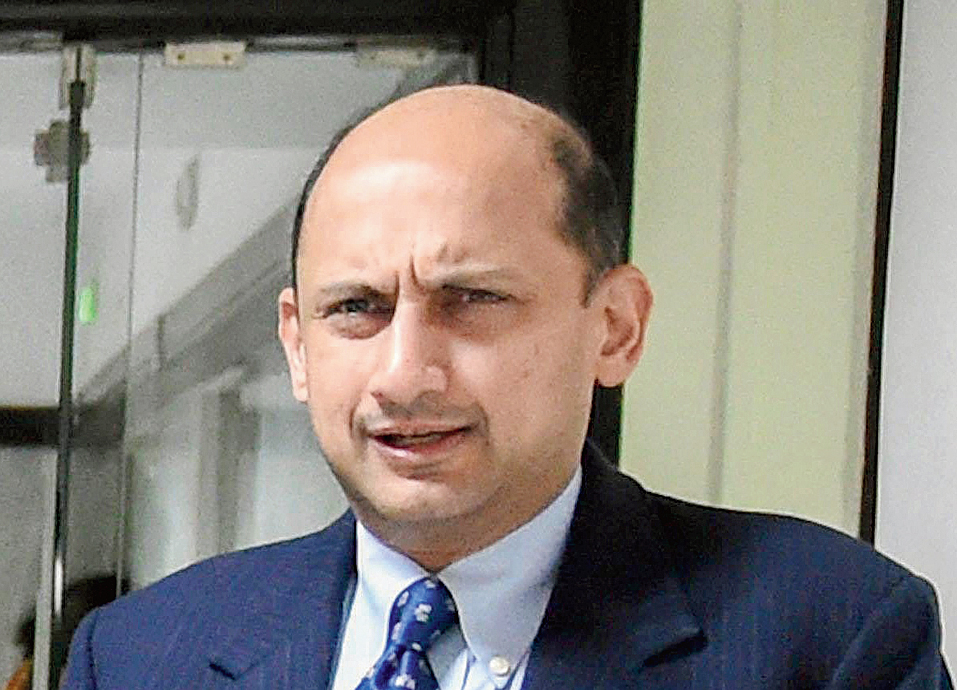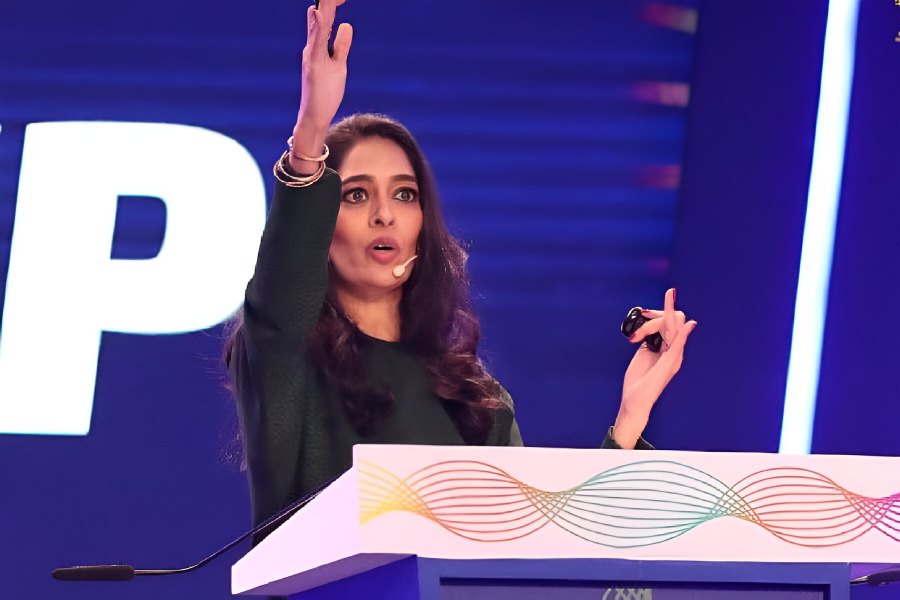Viral V. Acharya has resigned as deputy governor of the Reserve Bank of India six months before the end of his term for “personal reasons” — a development that foreshadowed fresh disagreements within the central bank’s monetary policy committee.
The 45-year-old economist, who headed the RBI’s monetary policy department, is reported to have had a run-in with governor Shaktikanta Das over government finances and the way the fiscal deficit of the Modi government was being estimated.
In a terse statement, the central bank confirmed Acharya’s exit.
“A few weeks ago, Dr Acharya submitted a letter to the RBI informing that due to unavoidable personal circumstances, he is unable to continue his term as a deputy governor of the RBI beyond July 23, 2019. Consequential action arising from his letter is under consideration of the competent authority,” the statement said.
Acharya will be returning to New York University’s Stern School of Business.
The RBI deputy governor, who is known to hold strong views on the independence of the central bank, was a member of the interest rate-setting MPC and was also in the RBI’s central board of directors.
His premature resignation is not a complete surprise since speculation has swirled over his continuance following Urjit Patel’s resignation as the RBI governor in December last year.
The focus now turns to his successor with Sanjeev Sanyal, principal economic adviser in the finance ministry, being tipped as the frontrunner for the post. Michael Patra, executive director of the RBI, is also a contender.
With Acharya’s exit, the MPC is expected to become even more dovish. The six-member body had inflation hawks like Patel, Patra and Acharya. But the RBI executive director has mellowed over the past three meetings.
Acharya, however, voted to cut the policy repo rate only on two occasions. He had voted against a rate cut during the February and April review but gave the green light for such a reduction at a meeting early this month, albeit with “some hesitation”.
“At the margin, the composition of the MPC will likely become incrementally more dovish, in our view, as Dr Acharya stood on the more hawkish side of the policy spectrum,” economists at Nomura said in a note.
Acharya first made headlines in a hard-hitting speech in October last year when he spoke out on the need to ensure the RBI's independence and warned that any move to undermine its autonomy could be “potentially catastrophic”.
His remarks came amid a rift between the Centre and the RBI on various issues, including the Centre’s attempt to dip into the reserves of the RBI. It ultimately culminated in the resignation of Patel. He had then cited the example of Argentina where the resignation of its governor had evoked an adverse reaction from its markets.
In a speech earlier that year, Acharya had asked banks to put in place an efficient process for the management of interest rate risk and argued that the RBI could not always manage this risk for them by giving relaxations. He had also defended the RBI’s prompt corrective action (PCA) framework, which placed lending restrictions on weak banks.
In October last year, Acharya had asked shadow banks (which have been clamouring for a special liquidity window from the regulator) to focus more on equity and other means of long-term finance instead of short-term instruments that led to an asset-liability mismatch in their books.
Acharya had differences with current RBI governor Das at the MPC meeting earlier this month. Minutes of the meeting showed that he had highlighted the upside risk to inflation from fiscal slippages.
He said that estimates of overall public sector borrowing requirement (PSBR) - which appropriately accounts for extra-budgetary resources and other off-balance sheet borrowings of central and state governments (which have reached 8-9 per cent of the GDP) - impaired monetary policy transmission.
However, the RBI struck a different note when he said that over the last few years, the Centre had largely followed a policy of fiscal prudence and had adhered to the fiscal deficit glide path in the last five years, though at a somewhat slower pace than committed earlier.
Das, however, riposted that public sector enterprises had their own revenue streams to service their debt and take care of their liabilities.
Acharya’s resignation, however, did not move the markets, with the BSE Sensex settling nearly 72 points lower because of the ongoing tensions between the US and |Iran.
“The news of Dr Acharya’s exit too, although unfortunate, will not roil the markets. We believe, institutions are more important than individuals and ultimately what is important is the credibility and the independence of any institution and nothing else,” the State Bank of India's economic research wing said in a note.











